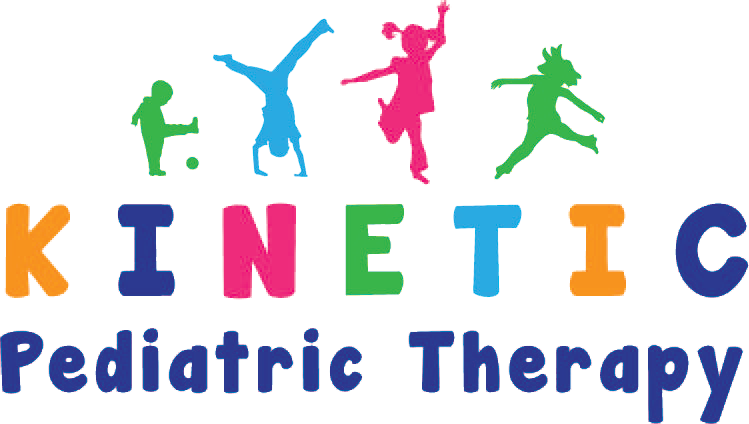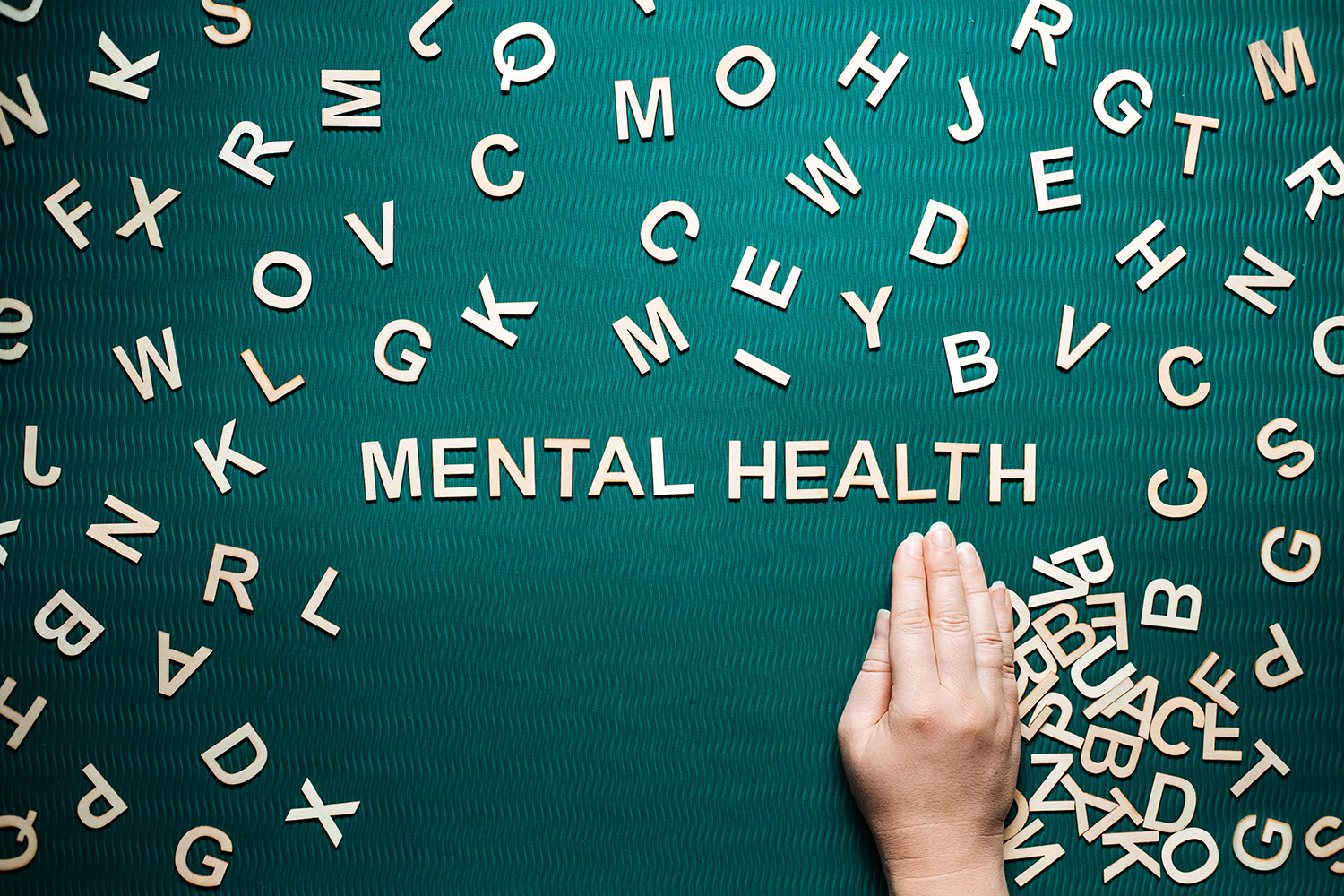
Addressing Trauma in Schools
The Impact of School-Based Behavioral Therapy
Trauma in schools is a growing concern that affects students’ emotional well-being, academic success, and social development. Whether caused by adverse childhood experiences (ACEs), family instability, community violence, or personal hardships, trauma can significantly impact a student’s ability to focus, learn, and build healthy relationships. Schools are uniquely positioned to provide essential support systems for these students, and behavioral therapy plays a vital role in fostering resilience and healing. By integrating behavioral therapy into school environments, educators and mental health professionals can create safe spaces where students receive the emotional and psychological support they need.
The Role of Behavioral Therapy in Addressing Trauma in Schools
Behavioral therapy is an evidence-based approach designed to help students develop coping strategies, regulate emotions, and modify behaviors that stem from traumatic experiences. Since trauma in schools can manifest as anxiety, aggression, withdrawal, or difficulty concentrating, behavioral therapy provides structured interventions to support emotional recovery and academic engagement. By embedding behavioral therapy within school settings, students gain access to consistent, professional guidance that helps them navigate their trauma while continuing their education.
Identifying Signs of Trauma in Schools
To effectively address trauma in schools, educators and therapists must recognize the signs that a student may be struggling. Common indicators of trauma in schools include:
- Emotional Dysregulation: Frequent mood swings, outbursts, or excessive fearfulness
- Difficulty with Relationships: Struggles with peer interactions, avoiding social situations, or exhibiting trust issues with adults
- Academic Challenges: Decreased concentration, difficulty completing assignments, or declining grades
- Physical Symptoms: Frequent headaches, stomachaches, or complaints of unexplained pain
- Behavioral Issues: Aggressive actions, defiance, or withdrawal from activities they previously enjoyed
When these signs are observed, school-based behavioral therapy can intervene early, preventing the long-term negative effects of unresolved trauma.
How Behavioral Therapy Supports Students Experiencing Trauma in Schools
Providing a Safe and Predictable Environment
Consistency and structure are critical for students who have experienced trauma in schools. Behavioral therapy helps establish predictable routines, clear expectations, and a supportive setting where students feel safe to express their emotions. When students know they are in a secure environment, their ability to focus and learn improves.
Developing Emotional Regulation Skills
Trauma in schools often leads to emotional instability, making it difficult for students to process feelings in a healthy way. Behavioral therapy teaches emotional regulation techniques, such as deep breathing, mindfulness, and cognitive reframing. By learning how to manage their emotions effectively, students become more engaged in their education and daily interactions.
Strengthening Social and Communication Skills
Many students who experience trauma in schools struggle with forming relationships and trusting others. Behavioral therapy incorporates social skills training, role-playing, and peer support groups to encourage positive interactions. Strengthening these skills helps students rebuild trust, form friendships, and develop a sense of belonging in the school community.
Empowering Students with Coping Mechanisms
Behavioral therapy equips students with practical coping strategies to handle stress and triggers. These strategies include self-soothing techniques, journaling, structured problem-solving, and relaxation exercises. When students have access to these tools, they can better navigate challenges and avoid negative coping mechanisms like avoidance, aggression, or self-isolation.
Improving Academic Performance
Since trauma in schools can hinder concentration and motivation, behavioral therapy integrates strategies that promote focus, perseverance, and self-discipline. By addressing the root causes of academic struggles, students experience improvements in their ability to retain information, complete assignments, and participate actively in class.
Implementing School-Based Behavioral Therapy to Address Trauma in Schools
Schools can take several proactive steps to ensure that students dealing with trauma in schools receive the support they need:
- Incorporate Trauma-Informed Practices
- Training teachers and staff to recognize signs of trauma in schools and respond with empathy and support
- Creating a school culture that prioritizes mental health and well-being
- Adjusting disciplinary policies to focus on restorative practices rather than punishment
- Increase Access to Behavioral Therapy
- Embedding behavioral therapy programs within the school system
- Offering one-on-one counseling and group therapy sessions
- Providing resources for students and families to seek additional mental health support
- Foster a Collaborative Approach
- Encouraging collaboration between therapists, educators, parents, and school counselors
- Developing individualized intervention plans for students facing trauma in schools
- Organizing workshops and seminars on resilience-building techniques
- Utilize Data-Driven Interventions
- Implementing progress tracking to assess students’ emotional and academic growth
- Adjusting behavioral therapy interventions based on students’ evolving needs
- Regularly reviewing strategies to ensure effectiveness in addressing trauma in schools
Trauma in schools presents unique challenges that require a compassionate and proactive approach. By integrating behavioral therapy, schools can provide students with the critical support they need to process trauma, develop coping skills, and re-engage academically. Schools must continue to prioritize mental health services to ensure that every student—no matter their past experiences—has the opportunity to thrive in a safe, supportive learning environment.
🧠 Empower your students with personalized behavioral support! Kinetic Pediatric Contract Therapy offers tailored Behavioral Therapy services to schools across North Carolina, helping children thrive both academically and socially. Our expert therapists work closely with educators and families to address emotional, social, and behavioral challenges, ensuring each child receives the care they need to succeed. 🌟 Let’s create a positive learning environment together—contact us today to bring our Behavioral Therapy services to your school and support every student’s success!
Please Share




